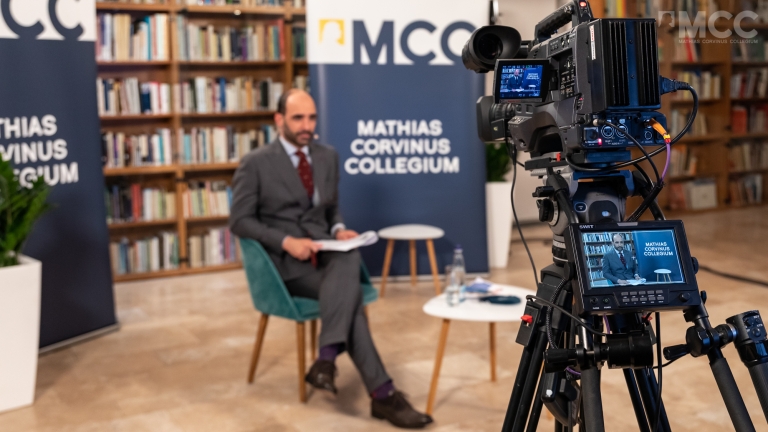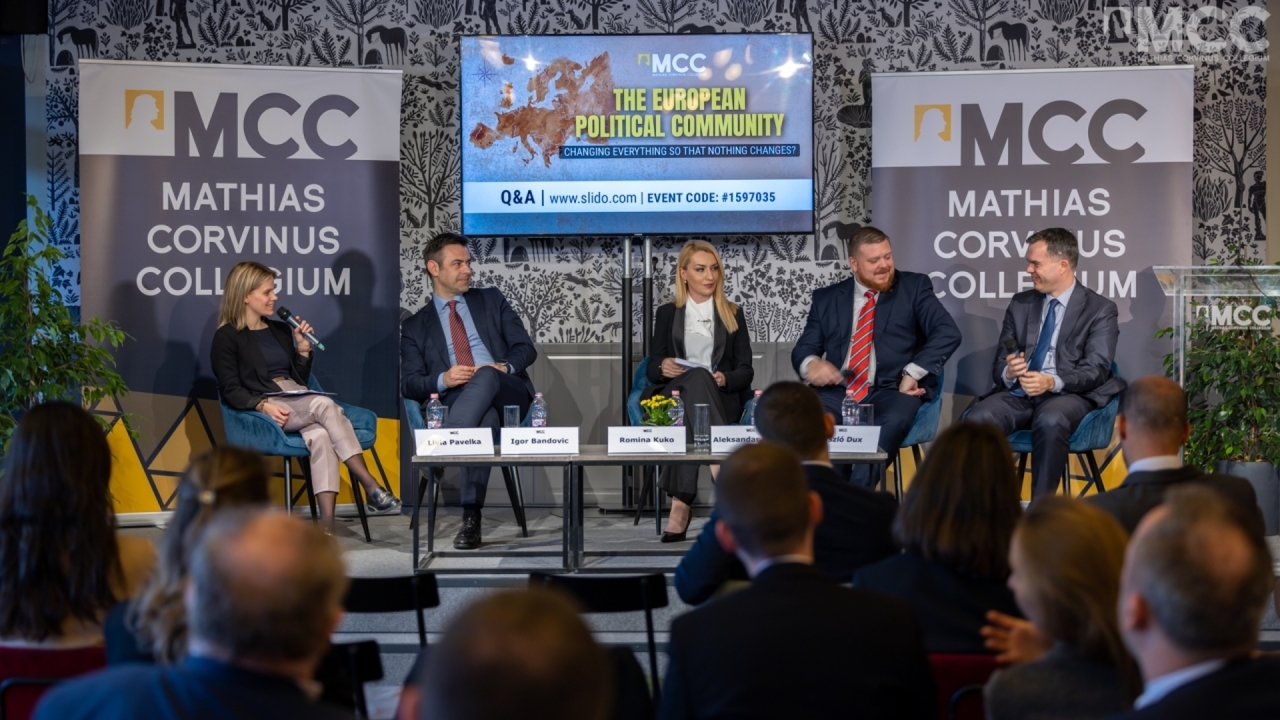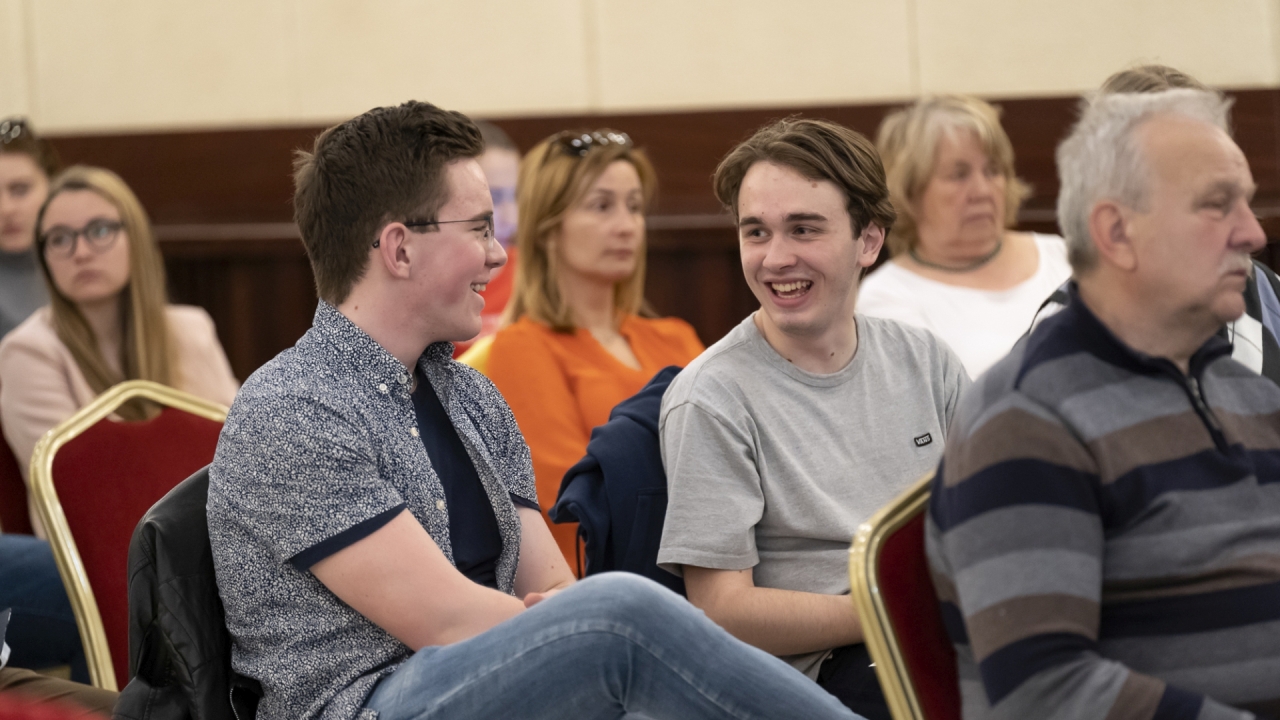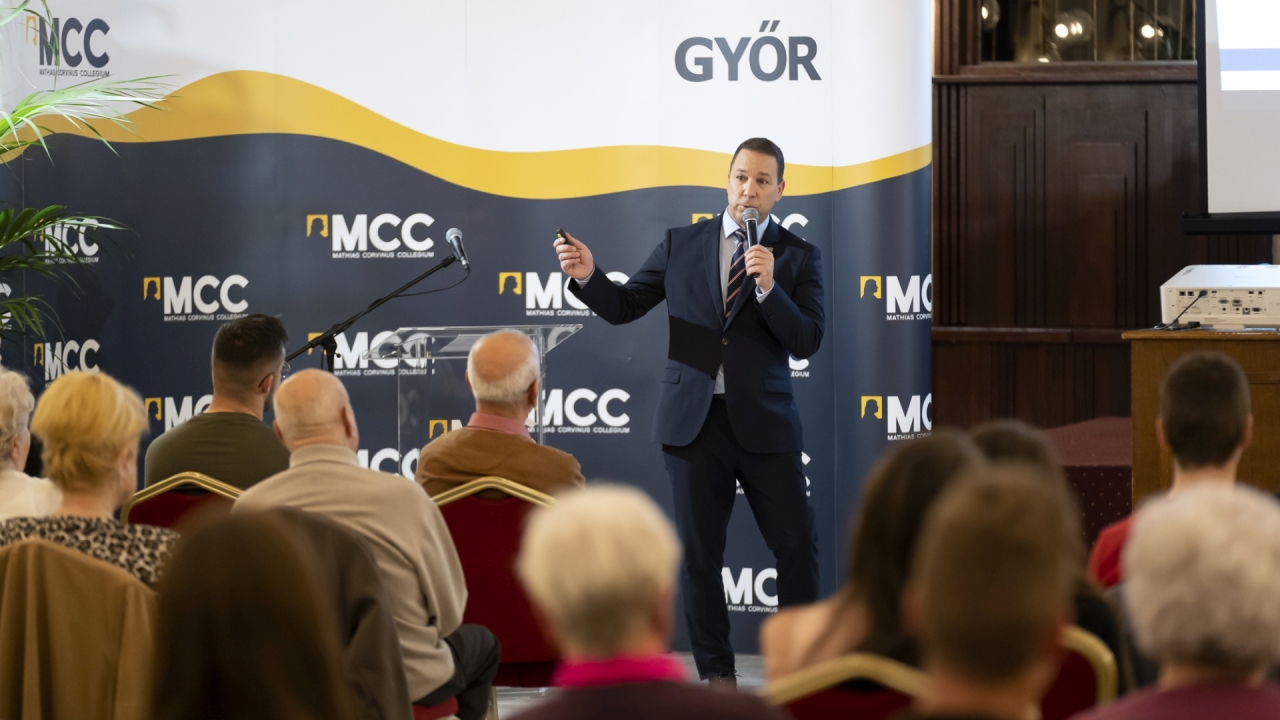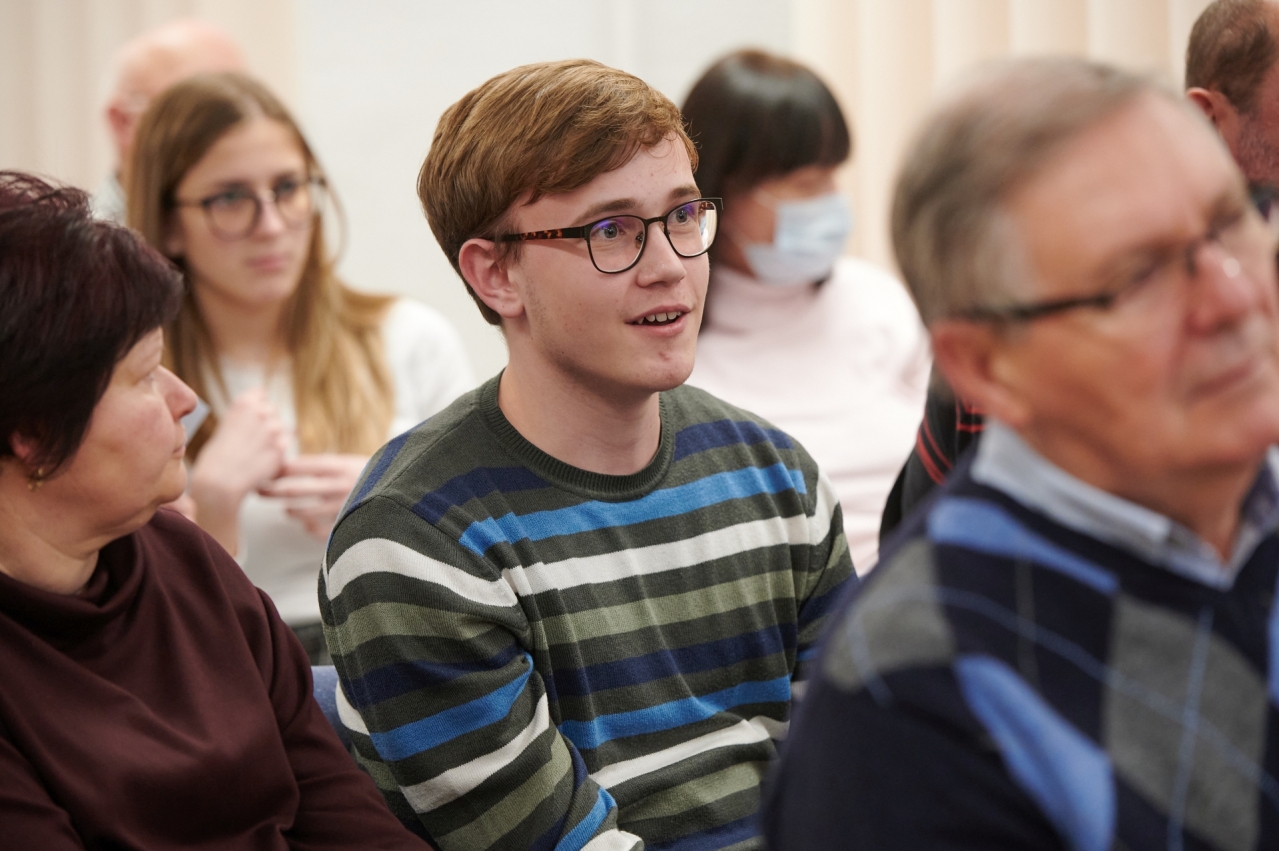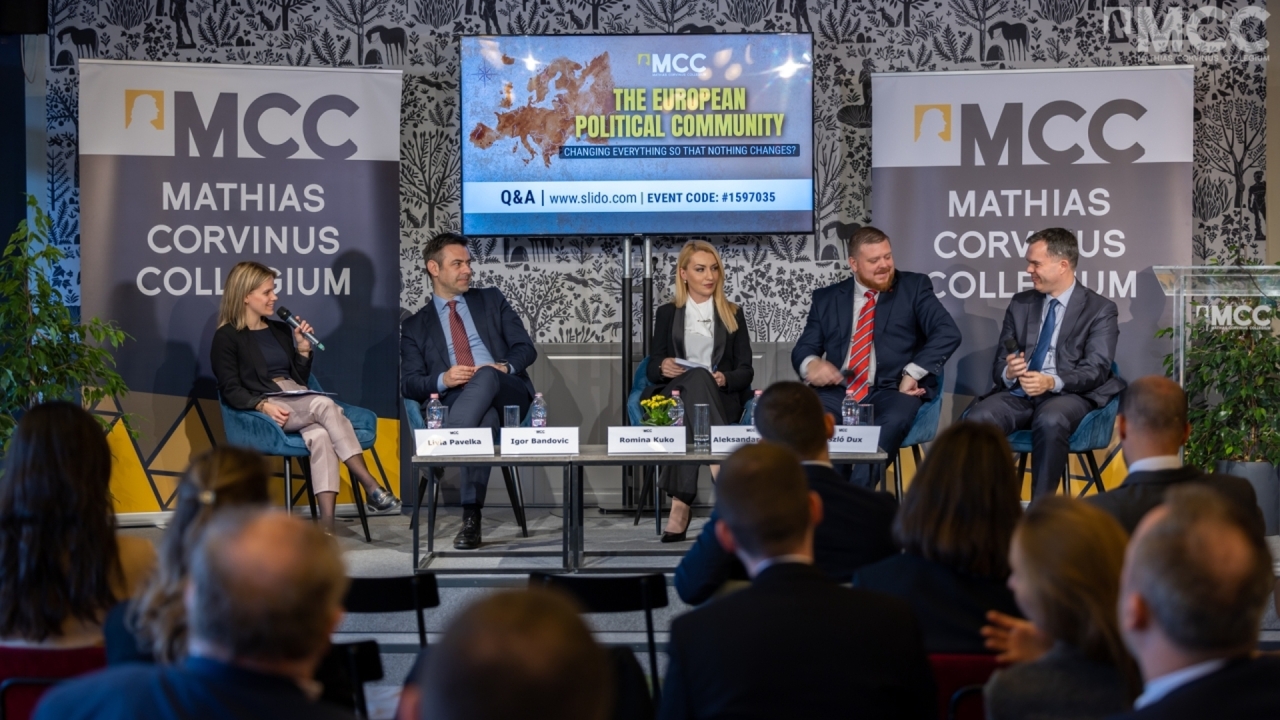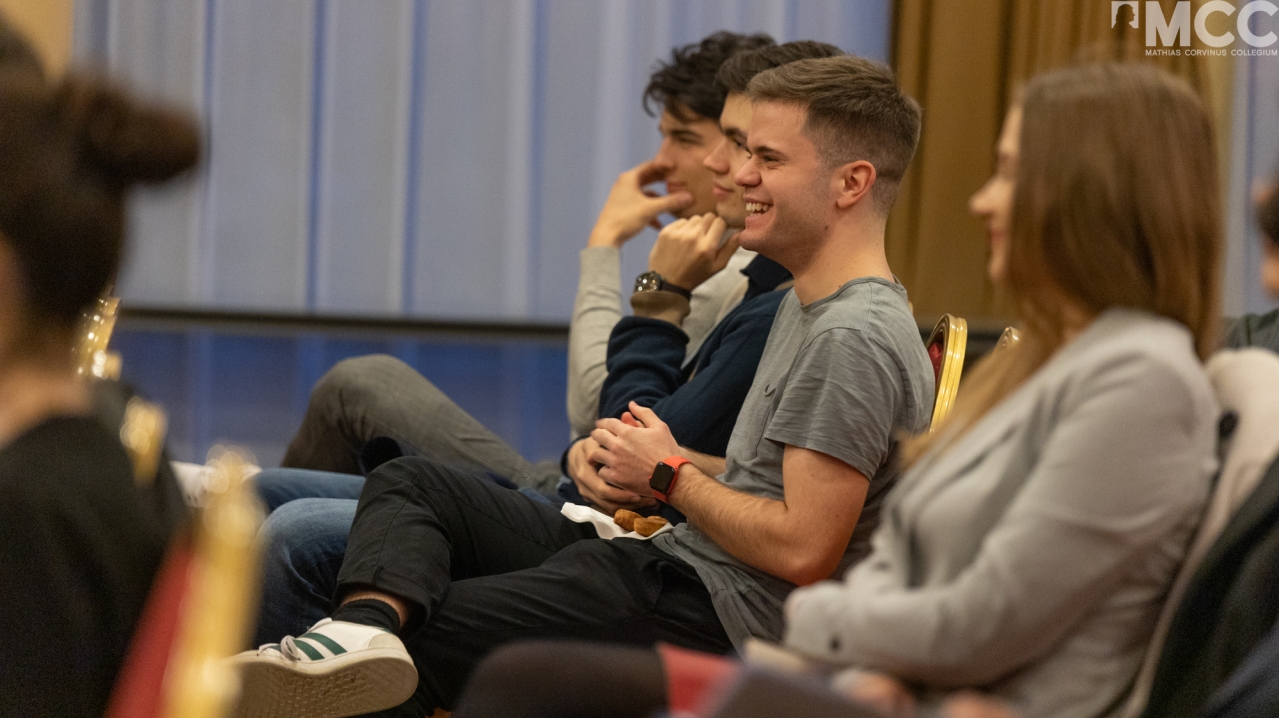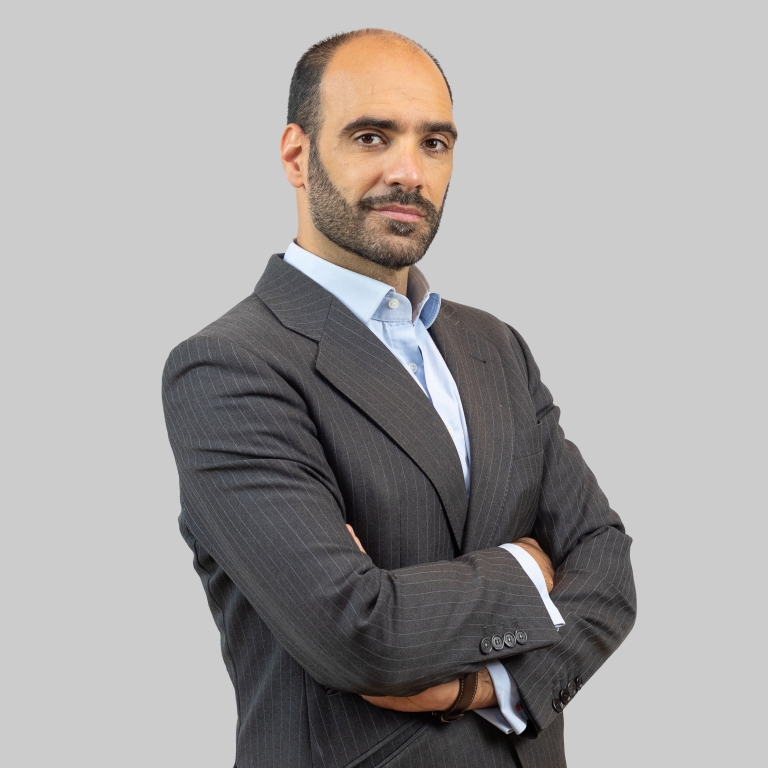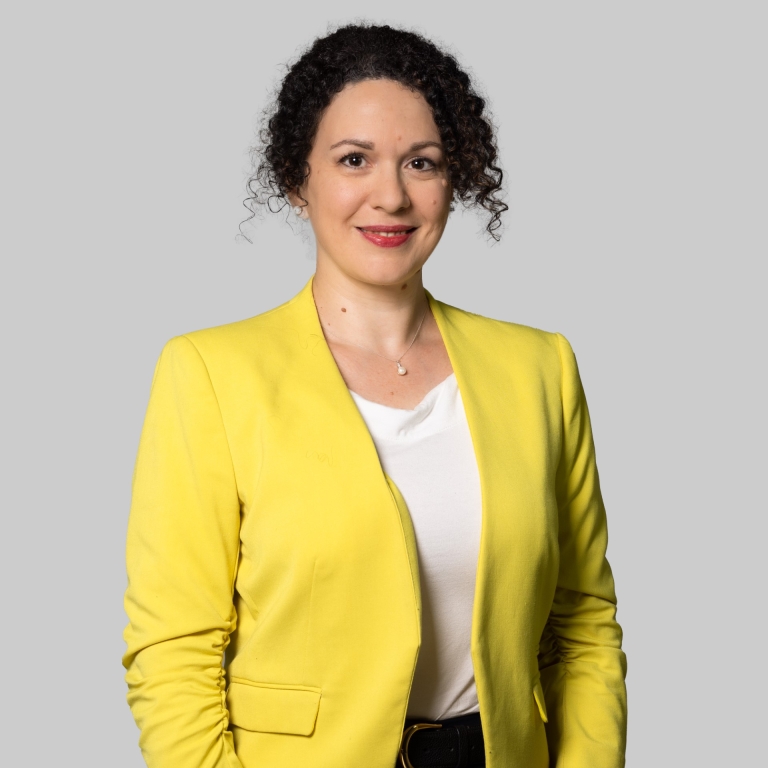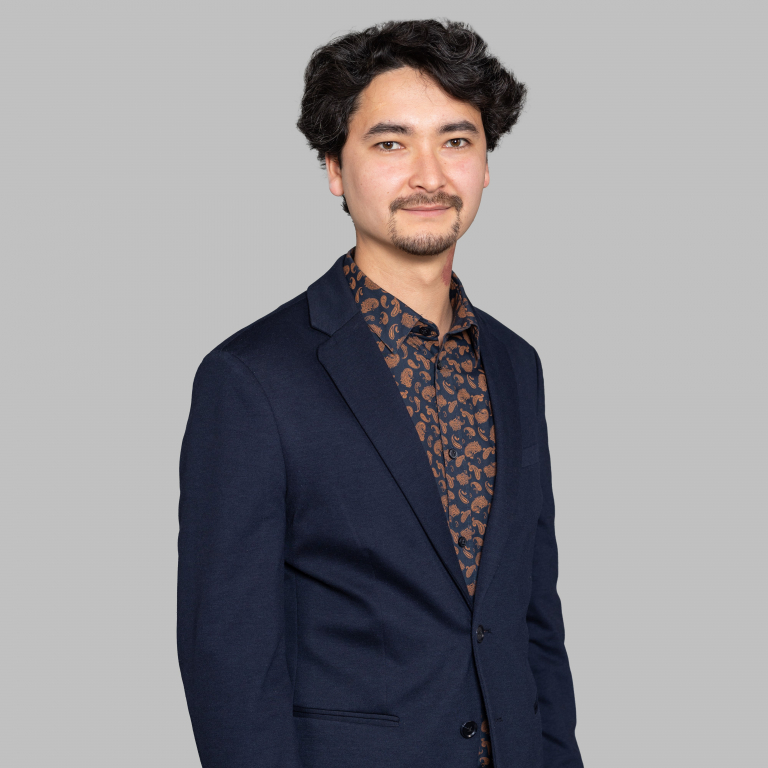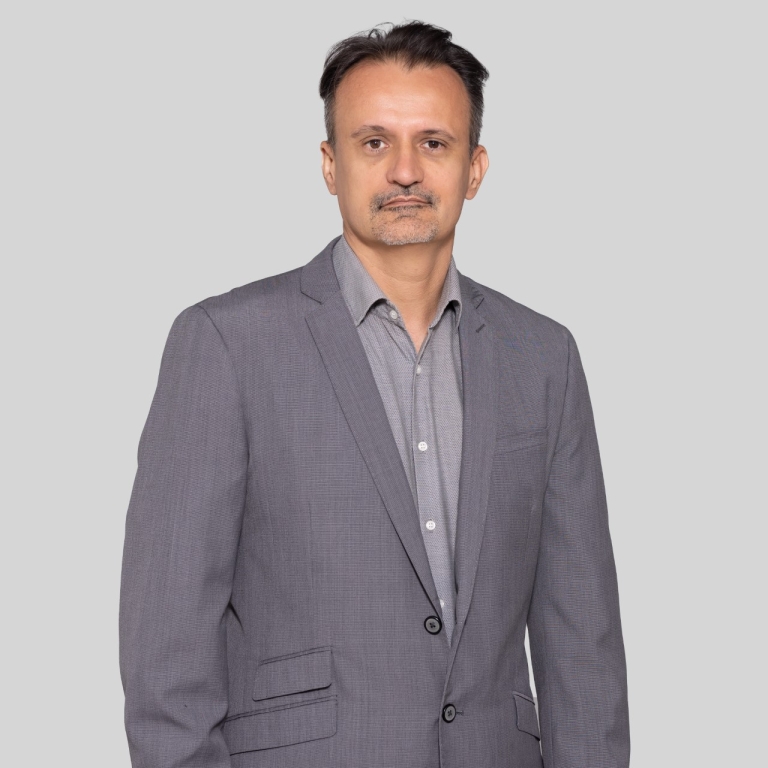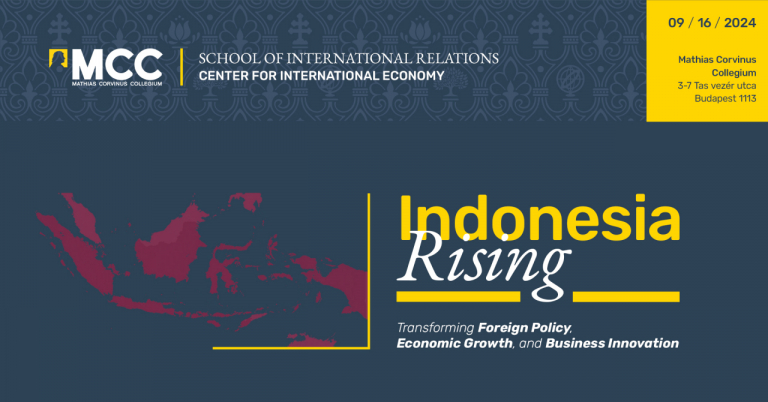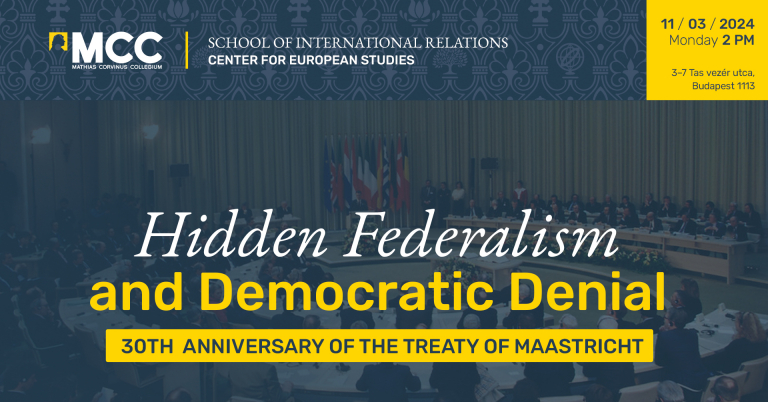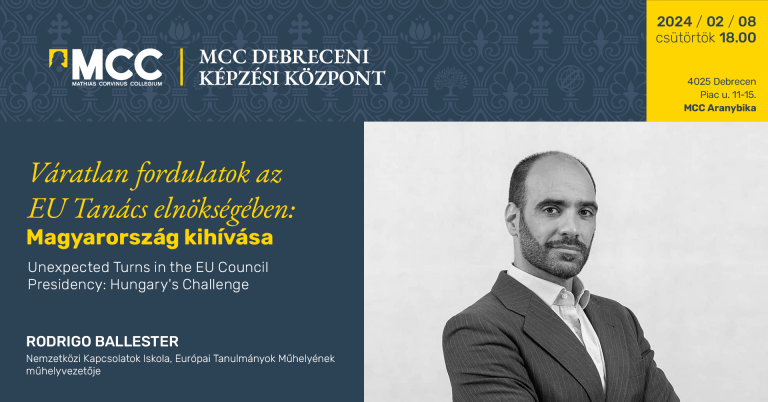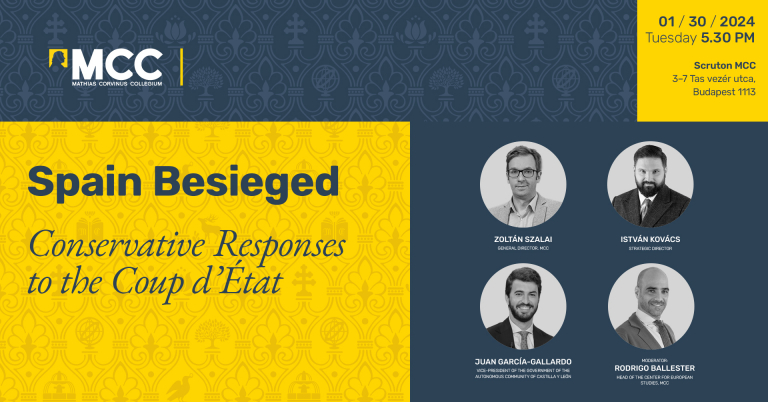The aim of the School of International Relations is to train experts who, based on their theoretical and practical knowledge of the international system, international political and economic relations and relations of interest, are able to
- prepare and present analyses of foreign policy, security policy and foreign trade issues, scientific publications, decision documents and presentations.
- organize national and international meetings and events,
- identify and effectively represent Hungarian foreign policy, national policy, security policy and foreign economic interests.
The recent shift in world politics and the global economy makes shed light on the relevance of the work at the School of International Relations. The financial crisis of 2008-2009 can also be considered a watershed, as the process of increasing internationalisation was built on the world order that emerged after the end of the Cold War in 1990. A world order based on openness, peaceful cooperation and the importance of international trade and investment has been challenged by the financial crisis, the global pandemic, a series of trade and technological wars, but most of all by the failure of actors to play by the rules. We have entered a new era. To determine its place in this new era, Hungary needs talented, creative international relations professionals who leave behind the old structures of reasoning. The School of International Relations is aiming to contribute to this work, so that Hungary may successfully adapt to this changed world.
Click here for the Hungarian version of this site:
Center for European Studies
Who is the boss of the European Union?
Sessions of 90 minutes for 10 weeks, in English. The aim of the course is to give students of different backgrounds an accurate understanding of the of the European Union while also elaborating their own point of view, train them to work under pressure with short deadlines, improve their oral expression in English and their negotiating skills.)EU Migration policy: To move or not to move, that is not the only question
This course will enable students to understand all the steps of the migration process, from the situation in countries of origin and demographics to the integration (or lack of it) of the third and fourth generation of migrants, including border management and asylum. The course will also cover the free movement of European citizens within the EU. Students will debunk several myths surrounding migration. We will welcome one or two external speakers.The EU in the world: irrelevant or indispensable, interests vs values, vector or shield of globalisation?
Students will learn about the competences and importance of every EU institutions that is active in the decision making process, hence: the Commission, the European Parliament, the European Council and the Council of Ministers. In a second stage, they will learn how those institutions interact to produce European legislation. As a result, t hey will identify by themselves what are the most influential EU institutions. Finally, they will put their knowledge into practice through a practical case (a simulation of vote in the Council of Ministers).Applying for an international job: Do's and Dont's
Through mock interviews and a focused course on improvement strategies—including CV preparation—students gain valuable insights into interview etiquette, key points to highlight, and topics best avoided. They then have the opportunity to apply their newly acquired knowledge in a follow-up interview.Center for International Economy
The Chinese Economy in the 21st century
The goal of the course is to give an overview of Chinese economic development trends after 1978, however, a special focus is also paid to economic trends after 2000.Japan’s economy: rise and stagnation
The main goal of the course is to provide a comprehensive pctire of the challenges the most advances economy in Asia is facing.Super power competition in East Asia
The main goal of the course is to give a assessment of the most recent geopolitical changes in East Asia.The development of the world economy
Students are introduced to the theoretical context of the world economy in its broad and sub-areas (e.g. capital flows, finance, competitiveness, business cycles).Trends in world economy and politics
The primary aim of the course is to familiarise students with current issues in the world economy and world politics, but at the same time, and equally importantly, to equip students with the techniques and mindset to remain informed on general issues and in a field of their choice.Center for Diplomacy
"Secrets" of the International Relations Triangle
The course aims to provide a historical and structural introduction to strategic thinking in foreign policy, with a particular focus on the poles of the foreign relations triangle, the interplay between foreign policy, diplomacy and international law.23 Maps about the World in 2023
The aim of the course is to discuss the key challenges in world politics, using maps as a visualization tool. The course examines maps that present a current international issue or challenge in an informative way. In addition to examining the maps, the course also discusses these issues.Diplomacy in Practice
The course aims to familiarise students with the basic structures of foreign policy thinking and practice. In this context, the course reviews the evolutionary path that has shaped the form of international contact as we know it today. It shows how a modern state implements its external relations functions through a system of institutions. It provides an independent discussion of reporting and analysis, both public and non-public, which form the cornerstone of diplomatic functions. Finally, it examines the specific forms of modern, diversified diplomacy (multilateral diplomacy, EU diplomacy, public diplomacy).International Law and Diplomacy
The course aims to examine the practical areas of diplomacy through the regulatory structures of public international law.International policy and diplomacy simulations
The aim of the course is to achieve complex solutions to fictitious or real international crisis situations and dilemmas using simulation games methodology. In the block sessions of the course, the participants has the opportunity to work on the case in question, explore possible solutions and develop compromises between the actors in an extended time frame. During the course, they are able to try out several negotiation formats in policy-making and diplomatic roles.International Law in the Pop Culture
The course explores some thematic issue of international law through the lens of well-known or lesser-known movies that explore the relevant legal dilemmas of international public law. Movies: Argo, Hotel Rwanda, Dr. Strangelove, KAL-007A diplomácia szerepe a gazdaságban (A kormányzati és a vállalati (üzleti) diplomácia kihívásai)
Tárgyalási stratégiák
Diplomáciai protokoll
Külpolitikai döntéshozatal és tárgyalási stratégiák
Students will not only be able to understand the academic frameworks but rather be able to enhance their communication and negotiation skills. During the course students will individually present their chosen subject using different negotiation strategies and approaches using their academic and professional-practical tools from the course.Diplomáciai szakágak: digitális, sport, tudományos és kulturális diplomácia
This course aims to take participants on a 10-weeks journey to explore four contemporary topics in diplomacy: sports, diplomacy, cultural diplomacy, science diplomacy and digital diplomacy.Related news
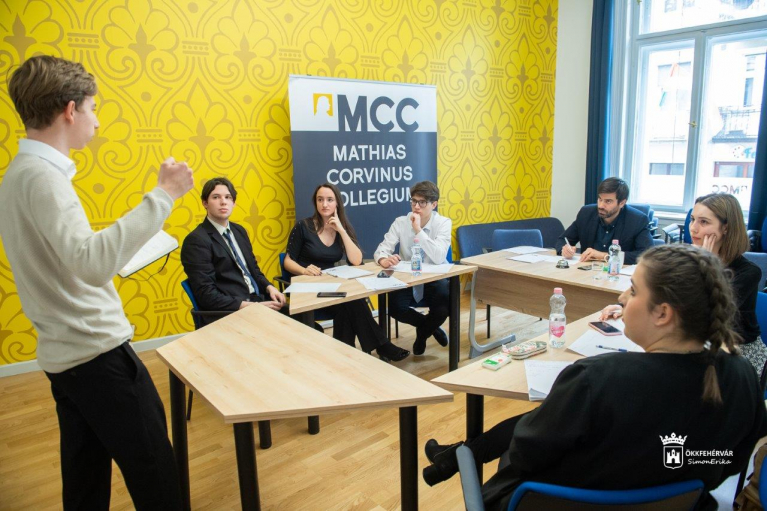
Living Freedom Summer School: learn about freedom of expression, debate and learn in London!
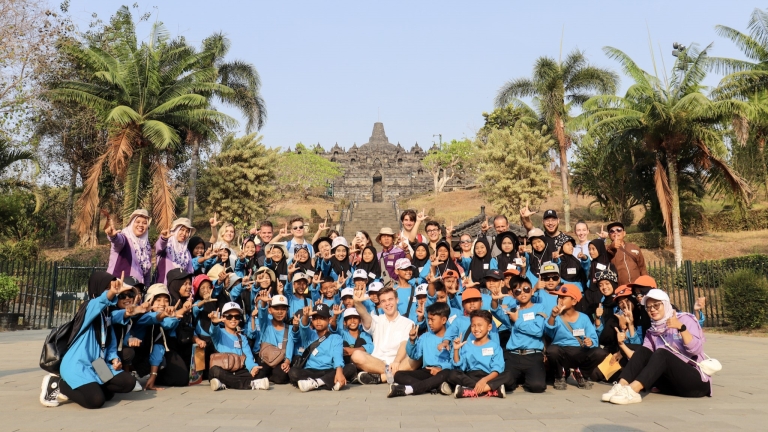
A Study Trip Across the Equator with Students from the School of International Relations
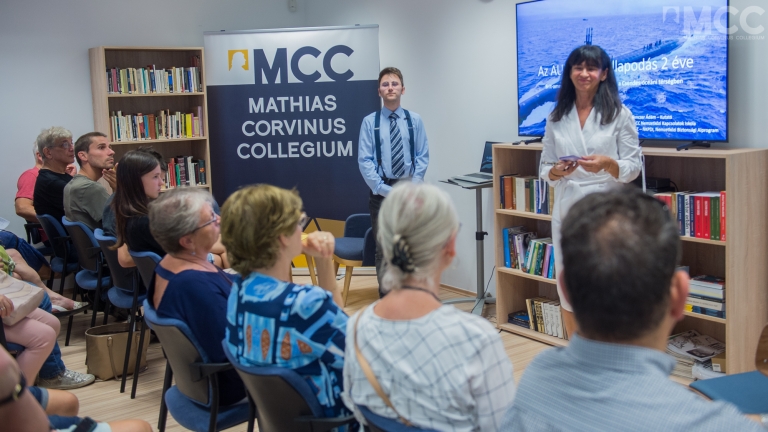
What is AUKUS? Where is the US-China Rivalry Heading?
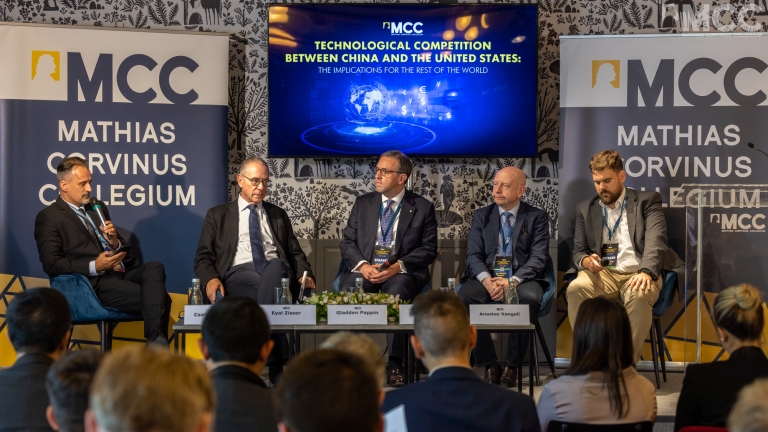
China Could Double Its Foreign Investments, Said János Csák at an MCC Conference

The former Minister of Foreign Affairs of Ukraine also took the floor at the international conference organized by MCC
